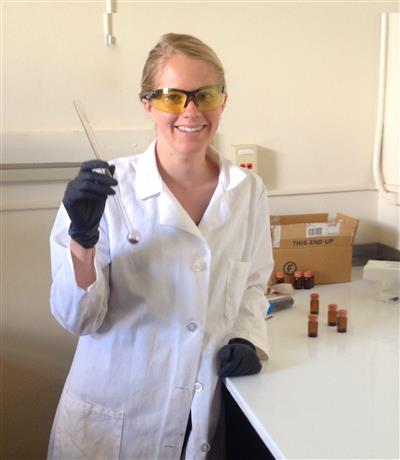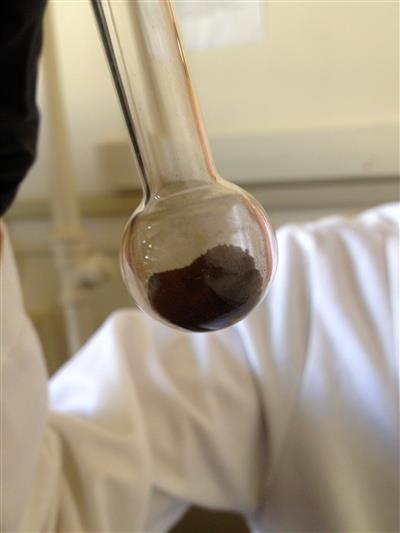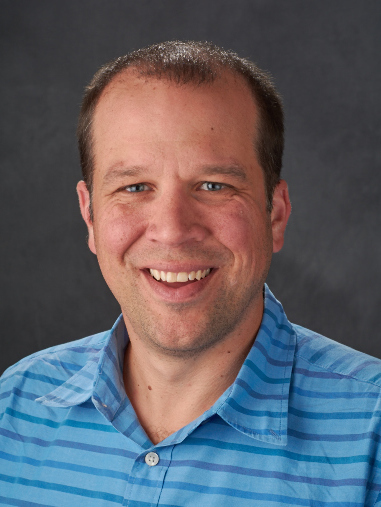
Credit: Sarah Balgooyen
August 6, 2015
By Katy Thostenson
Meet Sarah Balgooyen, a second year Ph.D. student in the University of Wisconsin-Madison’s Environmental Chemistry and Technology program. She has been awarded a National Science Foundation Fellowship to study how filters composed of manganese oxide could prevent pollutants from entering natural waters.
A year ago, Balgooyen joined assistant professors Matthew Ginder-Vogel and Christina Remucal on a University of Wisconsin Water Resources Institute (WRI) project studying manganese in Madison, Wis.’s, water system. Ginder-Vogel, a professor of civil and environmental engineering, said the WRI funding enabled them to hire graduate students to help advance the science on manganese oxide. “I feel so fortunate to be able to work with her. Sarah is one of the most talented students I’ve ever worked with.”
Balgooyen will study manganese oxide, a naturally occurring element, to learn how it could be used to filter highly concentrated pollutants from landfill leachate. As rain leaches through a landfill, it picks up concentrated levels of endocrine-disrupting pollutants such as Bisphenol A (BPA). If this leachate reaches groundwater, the pollutants will flow into natural waters, threatening wildlife and people’s drinking water.

Credit: Sarah Balgooyen
As someone who always knew she wanted to study science, Balgooyen is eager to begin the challenging process of characterizing the complex reactions between manganese oxide and BPA. One of her goals is to better understand the substances created by these reactions. “For a lot of the endocrine disruptors, their oxidation products have been studied, but some of them haven’t. Some of them are perhaps more harmful than the compound itself.”
After Balgooyen understands the reactions and their products, she will continue her analysis using synthetic landfill leachate. In the end, she hopes the science will inform the application of manganese oxide filters not just to landfills, but perhaps to agricultural runoff and other areas of concern.



